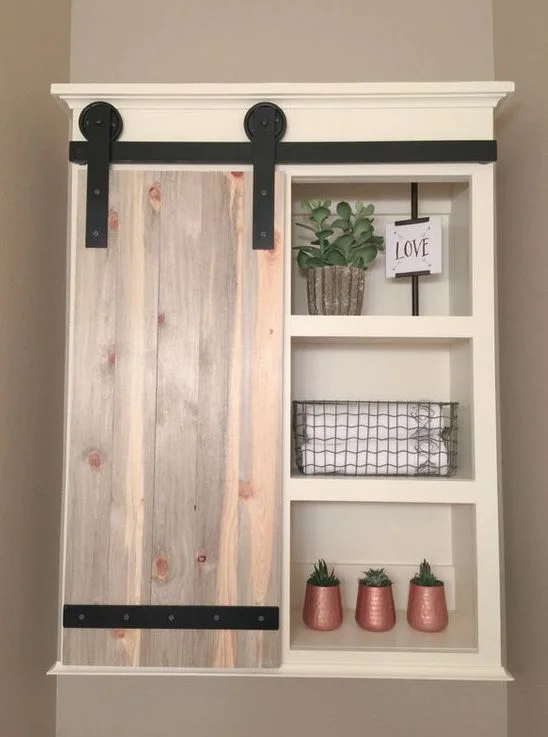Proper Ways To Maintain Your Sinks
Rona Regan
Proper Ways to Maintain Your Sinks
All of us have experienced the inconvenience of having a blocked drain or sink and most of us have had to deal with flooded kitchens and/or bathrooms. Sometimes accidents happen even if you don’t do anything wrong, but in most cases, they can be prevented by proper maintenance.
If we know why and how our drains become blocked, we can adjust our actions to prevent that from happening in the first place. Not only will we be able to avoid damage, but we’ll also save the money we would otherwise have to spend on a plumber.
Common Causes
All the sticky substances that we use every day, such as toothpaste, shaving cream or gel, gradually block the drains in our bathrooms. A similar problem is also present in the kitchen, but the causes are grease and oil, which slowly solidify and build up, thus creating a big problem.
What Can You Do About It?
As a matter of fact, there’s quite a lot you can do to prevent such problems. For example, if you have to deal with slow and blocked bathroom drains and sinks, you might want to try pouring one tablespoon of kitchen salt into the drain, after which you need to pour a quarter of a cup of white vinegar. Wait for at least one hour before you use hot water to flush the loosened substances. If you believe you haven’t completely solved the problem, repeat the whole process.
Keep Your Sinks Well-Maintained
If you want your sinks to work flawlessly, make sure you pour a little bleach every now and then into the sink and wait for an hour or two before running water down the drain. This will clear the drains of any hardened substances that might have blocked your drains. However, if even after you’ve done everything you could, you still see that the water is draining very slowly or not at all, you should immediately contact professionals, such as these Sydney-based blocked sink specialists.
Grease In Your Kitchen Sink
When dealing with grease that remained in your sink drain, you should try using a regular liquid dish detergent and lots of boiling water. First, you pour detergent generously and then pour boiling water, but gradually. The detergent should melt the grease deposits and the water should help them be flushed away down the drain. It often takes more than one attempt before you achieve the result you desire.
Hot Water Helps
Even letting hot water run helps your sinks and drains remain clear and clean. Let some very hot water run at least once a week in the kitchen and bathroom. It will help melt and flush away grease deposits before they build up and solidify so much that you need to use more aggressive methods or call an expert.
Cold Water Helps, Too
If you have a garbage disposal, you should run cold water down the drain, rather than hot, since the former will help the deposits solidify, which, in turn, means they will be broken up more easily.
As you can see, there are quite a few things that you can do to maintain your sinks properly and avoid flooding or having to call a plumber. Also, these tips are quite cheap and don’t require any particular skills, which means everyone can use them.
On the other hand, if you have tried everything you know, but the problem is still present, you need to contact a professional and ask for help, since the problem can only escalate and create more damage.
Guest Contributor, Lillian Connors






